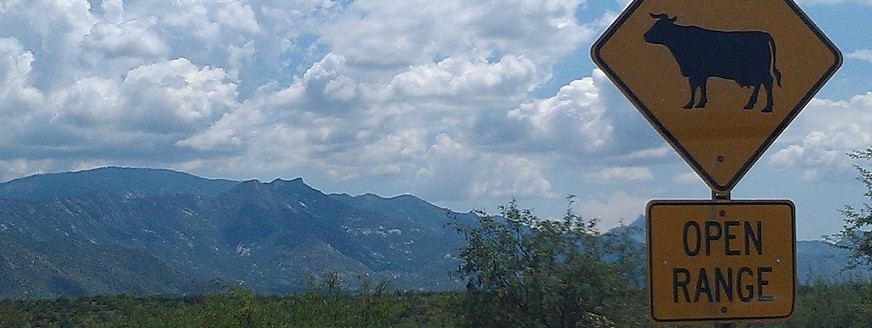I once asked someone if they liked how the “free range” turkey they purchased for Thanksgiving tasted and if it was worth the “extra” money they paid for it. They told me that it cost $20 and that is wasn’t worth the extra money and that the whole “organic” thing is just a fraud. So I asked for clarification on what exactly they purchased and they told me “the turkey said it was natural and free range”.
I got news for you buddy. Natural means that they didn’t inject the turkey with any colors to make it look more appealing to you, and free range means that they got rid of the cages and made a hole in the wall so that the turkey can have “access to the outdoors.” The USDA Food Safety and Inspection Service (FSIS), regulates the use of this term “Free Range” for poulty in the United States and defines it as follows:
“Producers must demonstrate to the Agency that the poultry has been allowed access to the outside.”
As for the word “Natural”? Are you expecting anything better? Here is the actual definition “NATURAL”:
“A product containing no artificial ingredient or added color and is only minimally processed. Minimal processing means that the product was processed in a manner that does not fundamentally alter the product. The label must include a statement explaining the meaning of the term natural (such as “no artificial ingredients; minimally processed”).”
So there you have it, if you want something that is really organic, you have to make sure that your food has as many of these organic-oriented phrases as possible. If you don’t, well, remember, you are what you eat, and if the animal you are eating was raised in filth, the quality of its meat shall be filth, and then you will become sick! So eat right!
Before I forget, I was recently given an article to read from the Wall Street Journal titled “A Reality Check for Organic Food Dreamers”. I read the article (link below), and noticed that the author argued against the labeling of “genetically modified” foods and said that instead of avoiding such products we should be applauding them. He brings up many arguments, however, he leaves out a lot of pertinent information… i.e. he says that industrial farming produces more crops per acre than traditional organic farming. Does he mention what happens to all the extra waste that is created? Normally a plot of land can handle a certain amount of waste naturally, but a “modern” farm cannot, and has to have its waste thrown into places like rivers… creating a problem for someone that is further down the river… Anyway, check out this article and remember its author John R. Block, used to be the secretary of the Department of Argiculture from 1981 to 1985 and is a senior policy adviser at OFW Law in Washington DC. OFW Law, has its website here: http://www.ofwlaw.com and appears to be a big law firm that helps large companies pass legislation to have words like “Free Range” mean what they currently mean.
If you really want to know what GMO and other “factory-farming” methods have given us, google the words “North Carolina CAFO”. Notice that the acronym CAFO stands for “Consolidated Animal Feeding Operation”. John R. Block, as per his biography (http://www.ofwlaw.com/CM/SPA/JohnBlock.asp) built a large and successful hog operation in his home state of Illinois. Hmmm… I wonder what that means? Anyway, knowledge is power, so read about Hog Operations and draw your own conclusions as to whether or not GMO deserves applaud or abandonment.
Listen to the first 30 seconds… of this (John R. Block’s weekly radio address of Food Waste):
http://www.ofwlaw.com/CM/Audio/FoodWaste.mp3
Sources:
